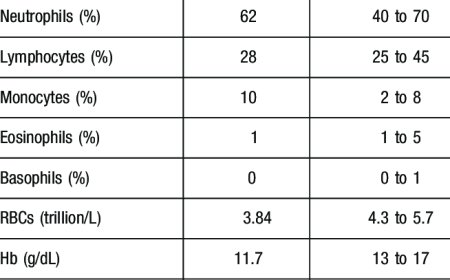NSAIDs

Introduction:
In the vast and diverse country of India, many individuals experience pain and inflammation due to various reasons. To alleviate discomfort, doctors may prescribe medicines called NSAIDs. In this article, we will explore NSAIDs, their classification, uses, risks, types, diagnostic tests, treatments, and some simple explanations to help children aged 10 and above understand these medications better. Let's delve into the world of NSAIDs and their role in providing relief and caution for pain in India!
What Are NSAIDs? :
Imagine having a superhero that fights against pain and inflammation in the body. NSAIDs (Nonsteroidal Anti-Inflammatory Drugs) are like those superheroes, and they help reduce pain, inflammation, and fever.
How Are NSAIDs Classified? :
NSAIDs are classified based on their chemical structure and properties. There are two main types of NSAIDs: traditional NSAIDs and COX-2 inhibitors.
Causes and Triggers:
When we get hurt, like accidentally touching a hot pan, our body reacts with pain and swelling. In such situations, our body produces chemicals called prostaglandins that cause inflammation. NSAIDs work by blocking these chemicals, reducing pain and inflammation.
Signs and Symptoms:
When we have pain or inflammation in our body, it's like a signal from our superhero team that something needs attention. Common signs and symptoms include:
- Pain: Feeling uncomfortable or hurting in different parts of the body.
- Swelling: Noticing areas that become puffy or swollen due to inflammation.
Risk Factors with Examples:
Just like wearing helmets while cycling helps protect us, using NSAIDs also requires caution. Some risk factors include:
- Allergies: Some individuals may be allergic to certain NSAIDs, so it's essential to consult a doctor before taking any medication.
- Stomach Upset: NSAIDs can sometimes cause stomach irritation, especially when taken on an empty stomach.
Types of NSAIDs with Detailing for Each Type:
There are various NSAIDs available in India, both in tablet and gel forms. Some common ones are Ibuprofen, Diclofenac, and Naproxen. These NSAIDs work to reduce pain and inflammation in different ways.
Diagnostic Tests and Treatments:
Doctors are like detectives who carefully examine our bodies and prescribe the right medicines when we need them. To determine if NSAIDs are suitable for a person, doctors may ask about the symptoms and perform physical examinations. If NSAIDs are safe for the individual, they will prescribe the appropriate type and dosage.
Complications of NSAIDs and Prevention Techniques:
While NSAIDs can be helpful, there are also some precautions to take, like putting on sunscreen before going out in the sun. Long-term use of NSAIDs or taking them in high doses can lead to complications such as stomach ulcers or kidney problems. It's essential to use NSAIDs as directed by a doctor and avoid self-medication.
In India, NSAIDs are valuable medicines that help individuals find relief from pain and inflammation. While they act as superheroes in easing discomfort, it's crucial to use them responsibly and under the guidance of a doctor. By understanding the signs, risks, and types of NSAIDs, children and adults alike can be more aware of their role in maintaining good health. Let's appreciate the power of medicine and use it wisely to promote wellness and well-being throughout India.
What's Your Reaction?
 Like
0
Like
0
 Dislike
0
Dislike
0
 Love
0
Love
0
 Funny
0
Funny
0
 Angry
0
Angry
0
 Sad
0
Sad
0
 Wow
0
Wow
0








































































